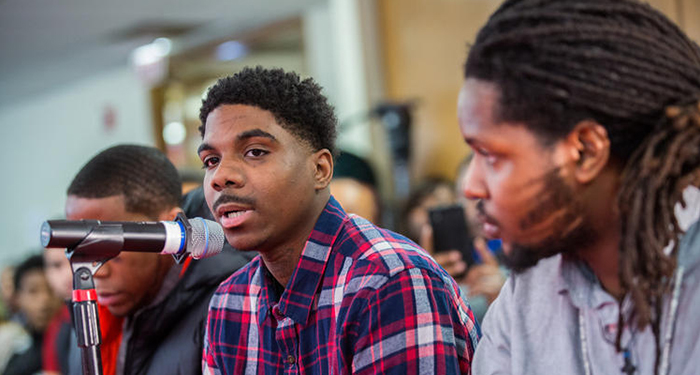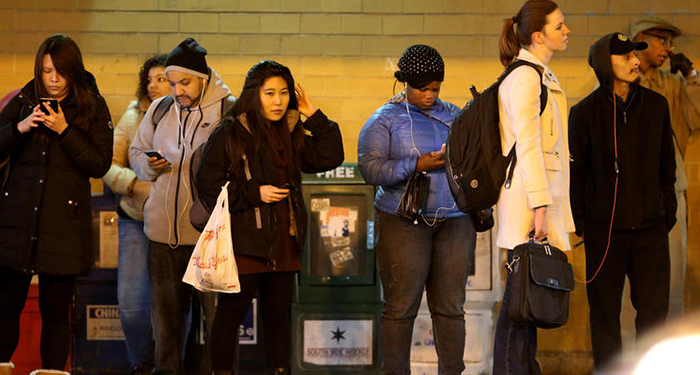Authors
Teresa L. Cordova, PhD.; Matthew D. Wilson
Abstract
This report contains compilations and calculations of various employment data for males and females 16 to 24 years old by race/ethnicity from 2005 to 2014, comparing Chicago, Illinois, the U.S. and in some instances, adding Los Angeles and New York. Besides an array of figures and tables, the report contains GIS generated maps that illustrate the relationship between employment data and population distribution by race/ethnicity. It is our hope and intention that this report, in combination with the voices of young people, can illustrate the persistence and severity of conditions that have ramifications for our young people and generations to come.
News Coverage
-
- ASN Youth Employment Hearing »
- CAN TV Recording »
- New York Times »
- The Huffington Post »
- Chicago Tribune »
- Chicago Tribune (2) »
- Chicago Tribune column (Paywall) »
- Crain’s Chicago Business »
- DNAinfo »
- Ebony Magazine »
- CBS Chicago »
- CBS Chicago (2) »
- CBS Chicago (3) »
- Chicagoist »
- Redeye »
- Redeye (2) »
- Redeye (3) »
- Bloomberg »
- ABC7 Chicago »
- WGN Radio »
- Daily Herald »
- Northwest Herald »
- Quad City Times »
- Pantagraph »
- Progress Illinois »
- The Final Call »
- Chicago Sun-Times »
- Chicago Sun-Times (2) »
- ChicagoInno »
- Atlanta Blackstar »
- Columbia Chronicle »
- Black Youth Project »
- ABC Windy City Live »
- Daily Kos »
- The Columbia Chronicle »
- My Web Times »







